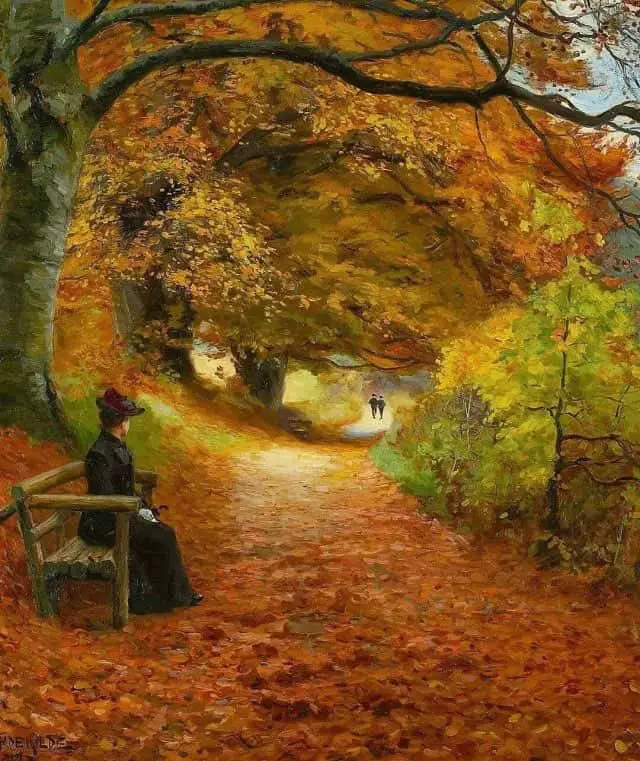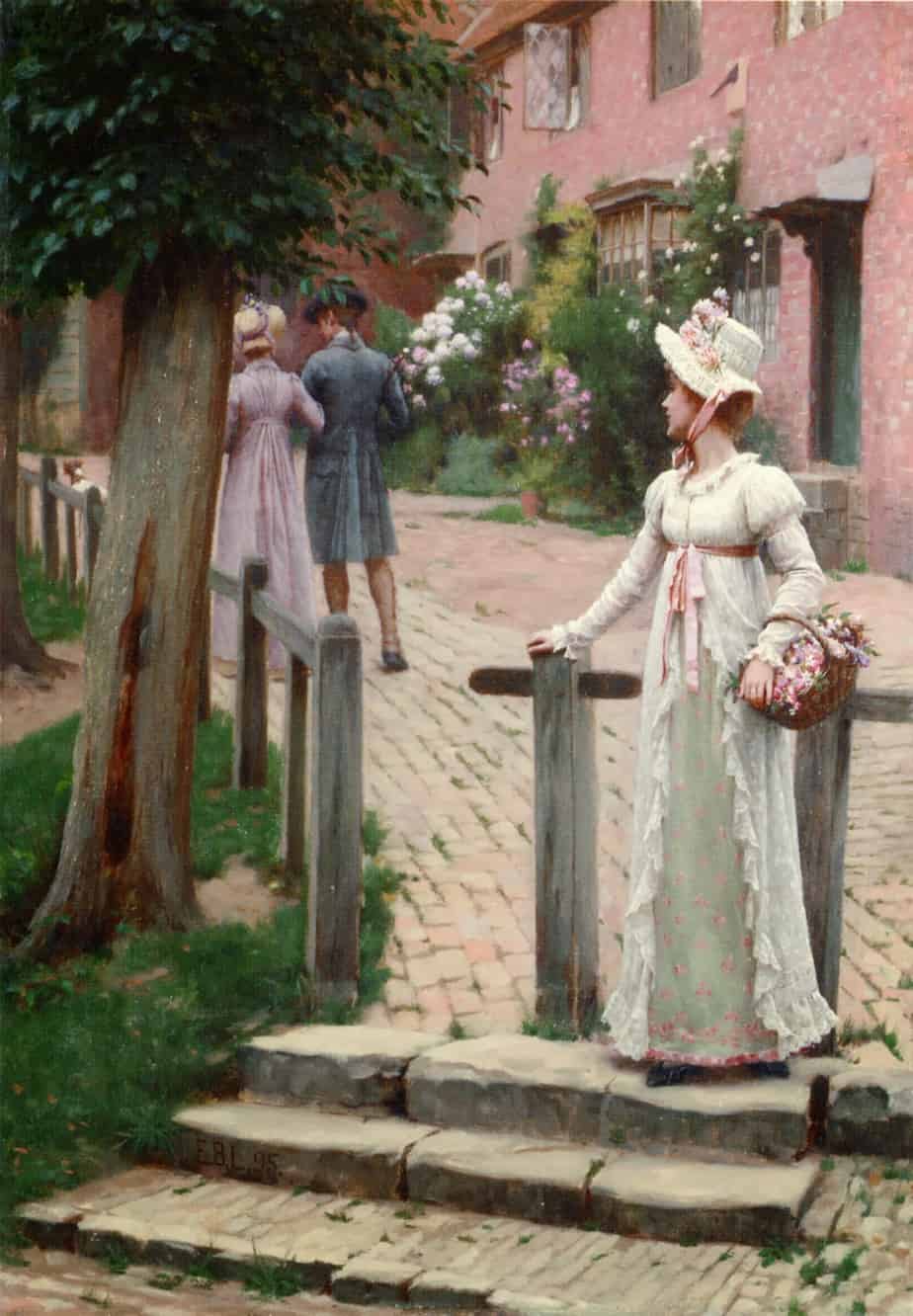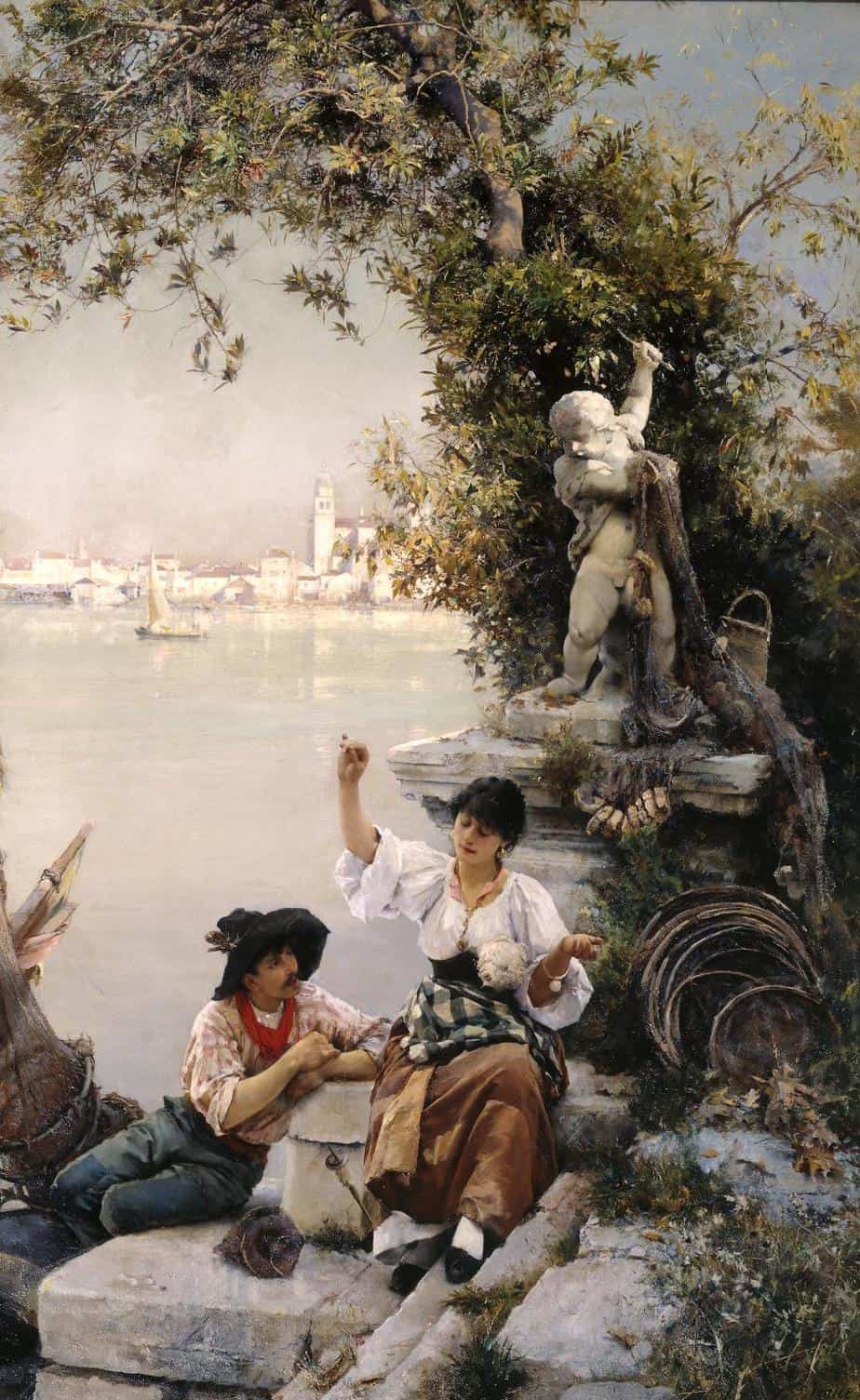There is a strong bias in storytelling, across the board: In stories of unrequited love, the object of affection is the romantic opponent, not the main character. Time and again, storytellers show the pain of falling for someone else without reciprocation. We very rarely experience a narrative from the point of view of the person who is not in love.
This is unfortunate because it is in some ways easier to experience unrequited love than to experience being the object of someone else’s love. Twenty years later, the person with the crush will probably look back fondly on the love they felt for someone else, even if that love was never returned. There’s a corpus of story out there telling us exactly how this feels and how this is meant to feel. If we fall for someone who doesn’t love us back, we know from story that we are definitely not alone.


Problematically, many stories of unrequited love end with the love object changing their mind, sometimes because stalker behaviour coded as admirable perseverance has (supposedly) made them fall in love after all. It’s way easier to find stories about love potions and Cupid’s intervention than stories that end in moving on.
Generally, in real life, we hold back the full capacity of our affection until we receive confirmation of reciprocation. Therefore, catching feelings for another person and then facing lack of interest is a minor hit. We do move on.
But being on the other side of unrequited love has a longer half life. Twenty years after someone else professes their love for us, we, the love object, are quite often still a bit confused, indignant and unsure how to process having been part of that whole scenario.
Why? Because stories are not told from the point of view of Rosaline, the (generally) unseen romantic interest of Romeo and Juliet. Romeo is at first deeply in love with Rosaline and expresses his dismay at her not loving him back.
And how did Rosaline feel about all of that? We’ll never know. That said, there have been revisions centring Rosaline — here is one, though reviews of Romeo’s Ex suggest this story is not about what it’s like to struggle with hard feelings. Instead, the author gives Rosaline an anachronistic interest in a career until she does in fact fall in love herself, demonstrating how it is far easier for storytellers to write about the experience of being in love than the experience of being loved (without reciprocation).
There are very few stories about the Rosalines of this world who are very much not in love, but who know they are the object of love. Writers struggle to write this scenario because there is no cultural script regarding how to process it.
This is why people in real life scenarios write into advice columnists such as Captain Awkward as part of processing what to do when someone falls in love with you.@alexrabbit
When bae says K. ##animation ##cartoon ##rabbit ##cute ##bae
♬ Baby I’m Yours (feat. Irfane) – Breakbot
What accounts for the difficulty of the situation?
- When you fall for someone else, you are 100% sure how you feel. In contrast, you can never be 100% sure of the nature of the crush someone has on you, because they’re only seldom being fully straight with you, and with themselves. So the first step is generally second guessing yourself. You might always be second guessing yourself because there is no period of resolution.
- We don’t know what our obligations are to people who fall in love with us. Empathetic love objects feel mean because rejecting people, under any circumstance, is hard.
- Women in particular are socialised to manage other people’s feelings, especially the feelings of men. Even when nothing is required whatsoever, women can struggle to leave others alone to manage their own feelings.
Because of these exact difficulties, we need more stories told from the other side of unrequited love.
- There exists a long list of tropes associated with unrequited love, collected at TV Tropes.
- Here is a list of classic works about unrequited love. Scan down the summaries and you’ll see how it’s far more common to read about unrequited love via the character with the burning passion.
Header painting: Cupid’s Spell (1885) by Henry Woods

